Puzzle games have a popular game genre for many years. With the recent advancement of AI, we begin to see emergence of AI puzzle solvers. These are apps or games that can solve puzzles using algorithms and machine learning.
AI puzzle solvers can solve puzzles faster and better than humans. This is because advanced computer hardware can process a large amount of data quickly, and reinforcement learning algorithms allow AI to learn from past experience.
Let’s dig deeper into how AI puzzle solvers work, and look at some examples.
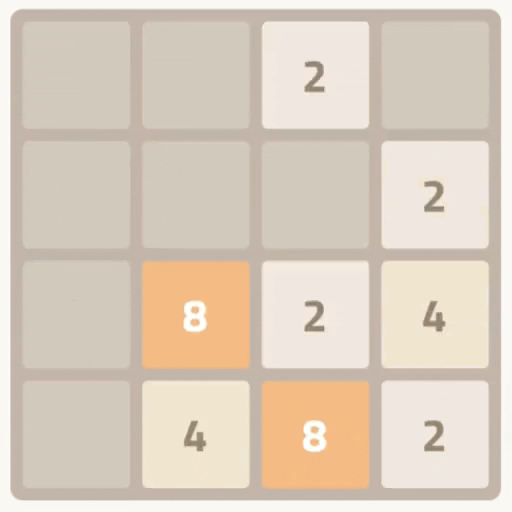
What is an AI Puzzle Solver?
An AI puzzle solver is a computer program that uses artificial intelligence (AI) and machine learning to solve puzzles.
There are several different classes of algorithms used by AI puzzle solvers: rule-based algorithms, simulation-based algorithms, reinforcement learning algorithms, and genetic algorithm.
Rule-based algorithms are the and simplest and fastest, they just have a fixed set of hand-written rules that the AI follows. They are not able to learn from past experience.
They are perfect for simple puzzles such as Tic Tac Toe, where the AI can just follow a set of rules to win the game.

Simulation-based algorithms use Monte Carlo methods, in which the AI runs many possible moves and choose the best move based on the rewards obtained by the reward function. These simulation algorithms are quite powerful but the simulation process is very slow.
Reinforcement learning algorithms are powerful as they can repeatedly play the puzzles and learn from the past success and failures. However, it takes a long time to train the model, even with a powerful GPU.
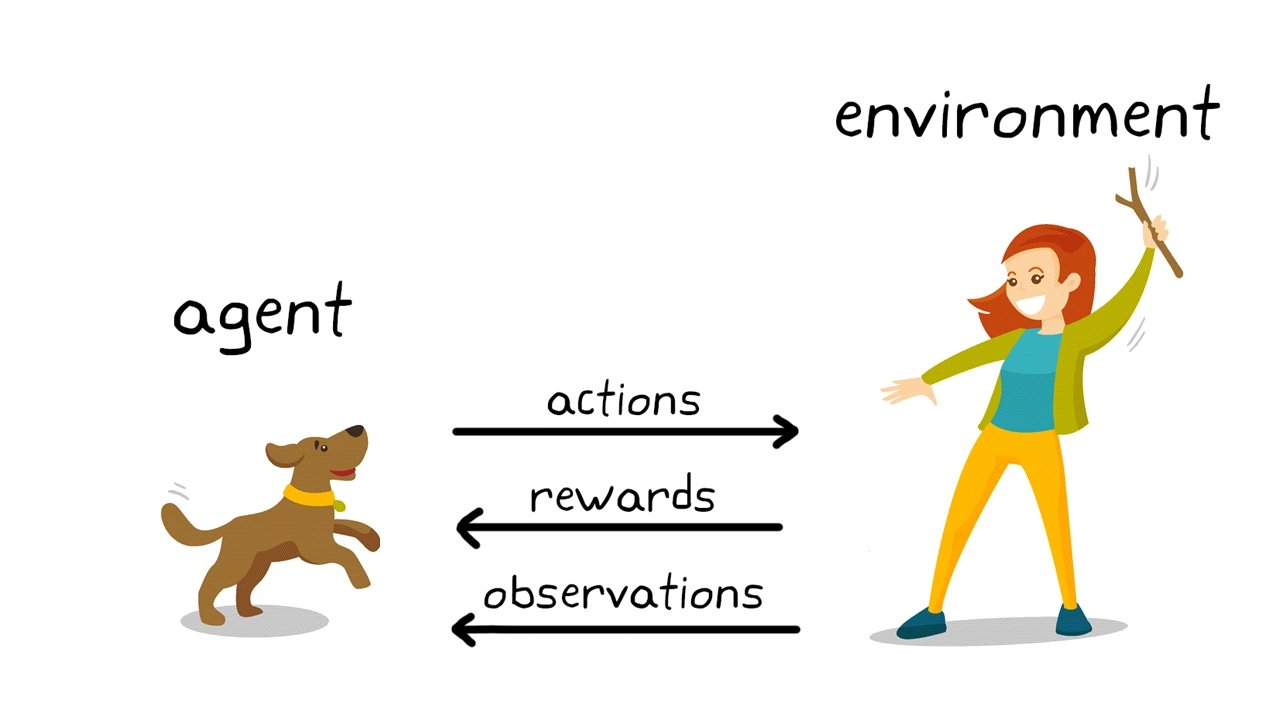
Genetic algorithm mimics the process of natural selection and evolution. It is intuitive to understand, but only able to solve specific types of puzzles.
Benefits of using an AI Puzzle Solver
Using an AI puzzle solver to solve puzzles comes with several benefits. Some of the most significant benefits include:
Saves time and effort
An AI puzzle solver can solve puzzles much faster than humans.
It can process vast amounts of data quickly and efficiently, making it ideal for complex puzzles that would take humans hours or even days to solve. This saves a significant amount of time and effort, making puzzle-solving more efficient and enjoyable.
Helps in learning and improving puzzle-solving skills
Using an AI puzzle solver can help people learn new puzzle-solving techniques and improve their skills.
By analyzing the AI’s solution, people can gain insights into the problem-solving process and learn new ways of approaching puzzles. This can lead to better puzzle-solving skills in the long run.
Learn about AI and machine learning
Using an AI puzzle solver can help people learn about AI and machine learning.
By tuning the parameters of the AI, people can learn how the AI works behind the scenes and how small changes can affect the AI’s performance. This can help people gain a better understanding of AI and machine learning.
Examples of AI Puzzle Solvers
There are various examples of AI puzzle solvers available, which demonstrate the capabilities of artificial intelligence in solving complex puzzles. Here are some examples:
DeepCubeA: AI Rubik’s Cube Solver
DeepCubeA is an AI-powered Rubik’s Cube solver that uses deep reinforcement learning algorithms combined with Monte Carlo tree search (MCTS) to solve the cube in an average of 20 moves. The algorithm was trained on millions of simulations and was able to solve 100% of all test configurations.
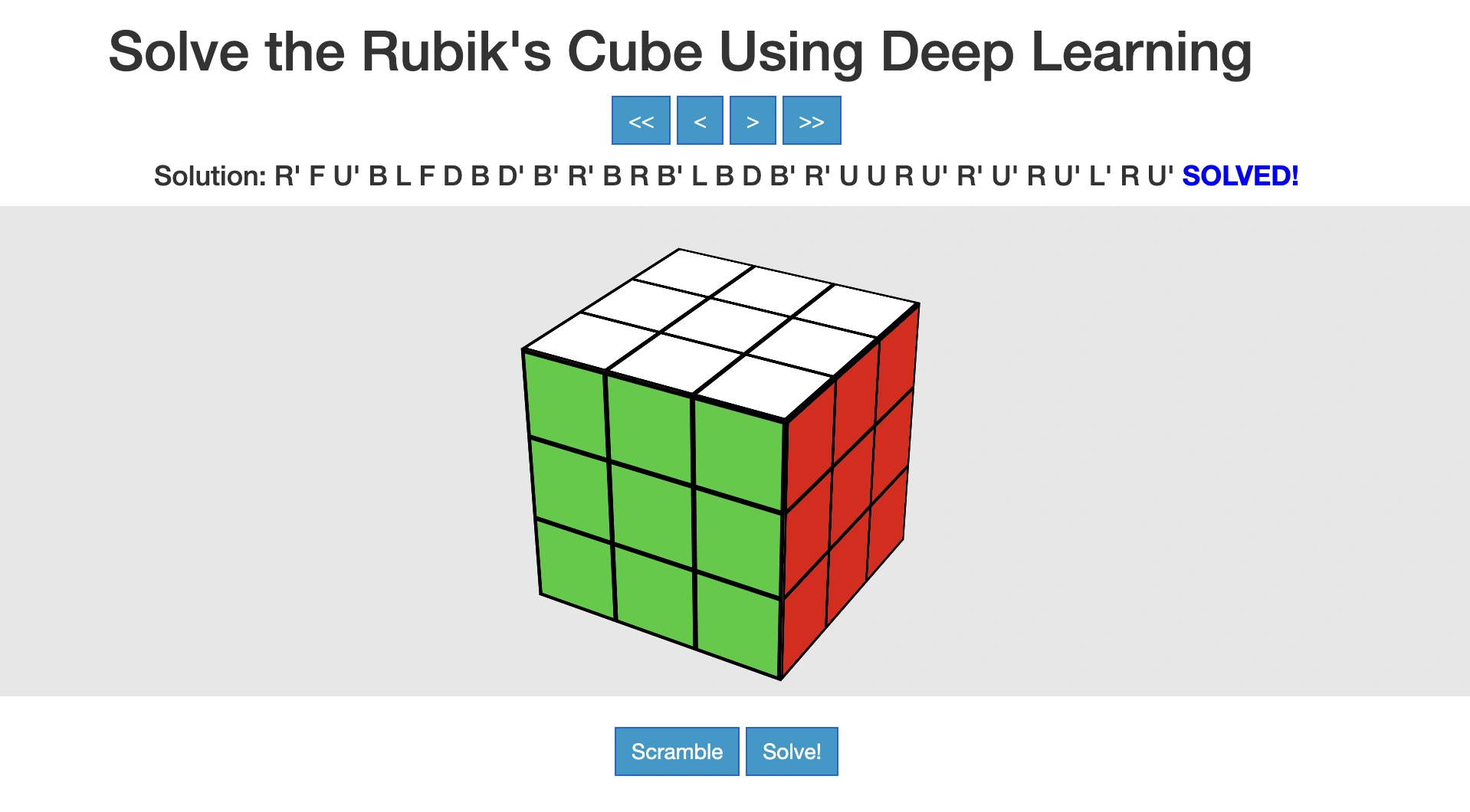
Sudoku Solver is an AI-powered app that can solve any Sudoku puzzle within seconds. It uses rule-based algorithms to analyze the puzzle and find the correct solution. Sudoku Solver is a perfect example of how AI can save time and effort in solving complex puzzles.
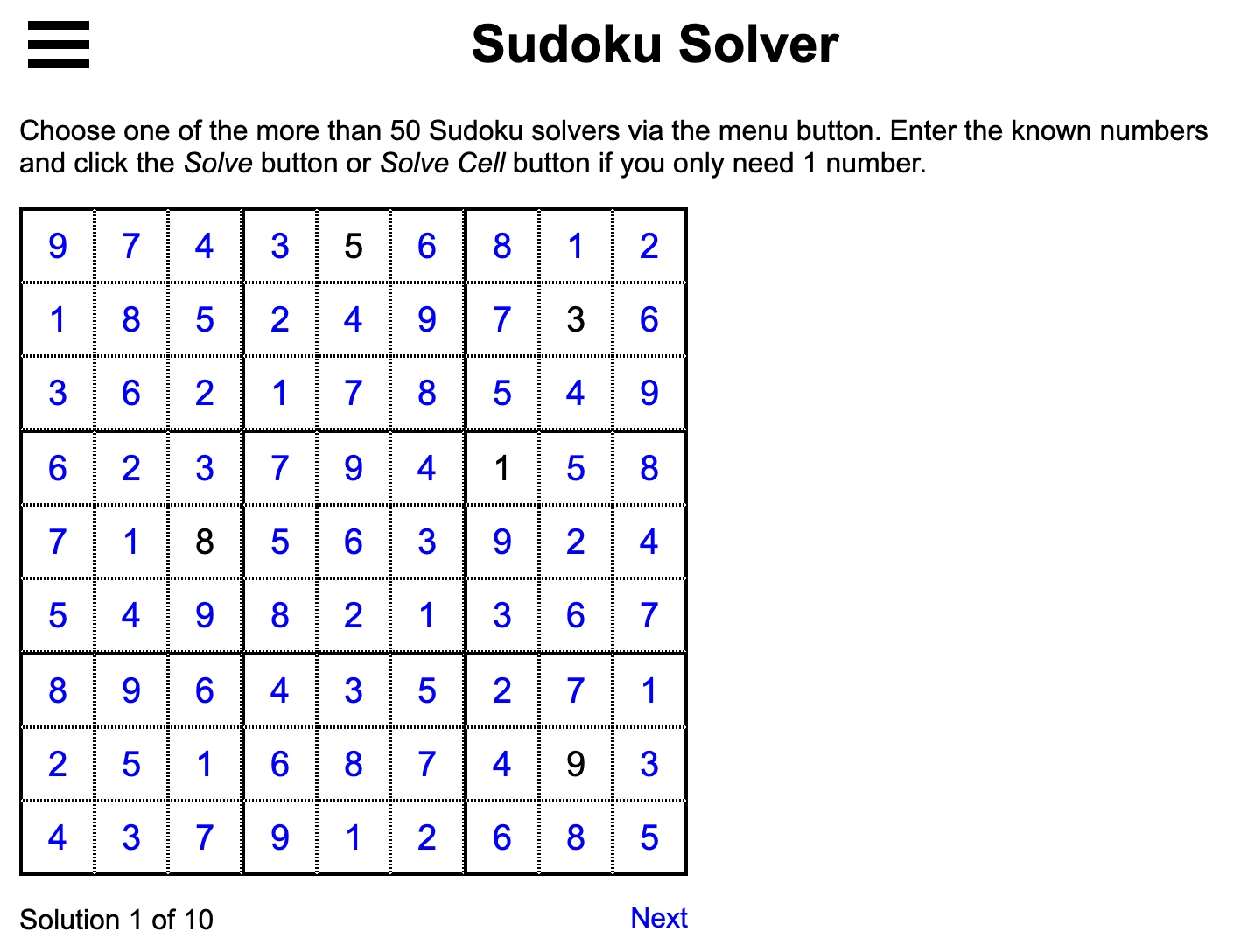
AI Simulator: 2048 is a game where instead of swiping, you let artificial intelligence play the popular 2048 puzzle game for you.
The game features a variety of algorithms, including basic heuristics, Monte Carlo Simulation, and Deep Q-Learning (DQN). Users can train their own machine learning models and fine-tune various parameters to customize the game.

AI Simulator: 2048
Play with numbers
Train machine learning models
See the stats grow
AI Simulator: Robot challenges players to navigate mazes using artificial intelligence and machine learning.
It features an idle gameplay style, where players can control the AI to play the game using a range of algorithms such as Classic Search (BFS, DFS), A*, Monte Carlo methods and Deep Q-Learning (DQN). Players can train their own neural network from scratch using the game’s machine learning engine and fine-tune various parameters to make their AI smarter.
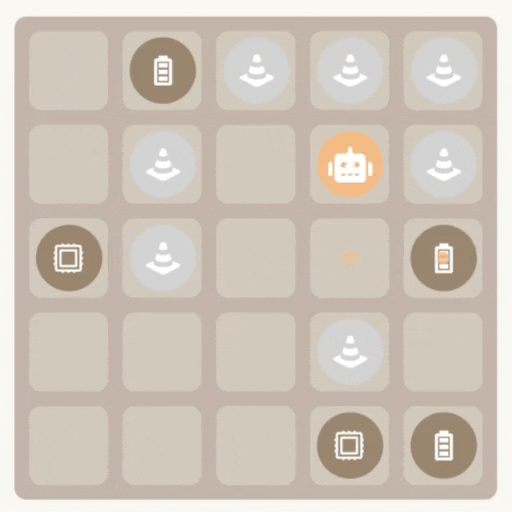
AI Simulator: Robot
Navigate maze with AI
Upgrade your robot
Get the
highest score
AI Simulator: Block Puzzle is an AI-powered puzzle game that uses different algorithms to solve block puzzles.
The game has an AI auto-solver that automatically plays the game for the user, making it a perfect offline idle afk game. The game features various heuristics algorithms, advanced heuristics, and deep learning AI machine learning algorithms such as Deep Q-Learning (DQN) and Proximal Policy Optimization (PPO).

AI Simulator: Block Puzzle
Classic Block Puzzle Game
Smart AI Auto Play
Idle
AFK Experience